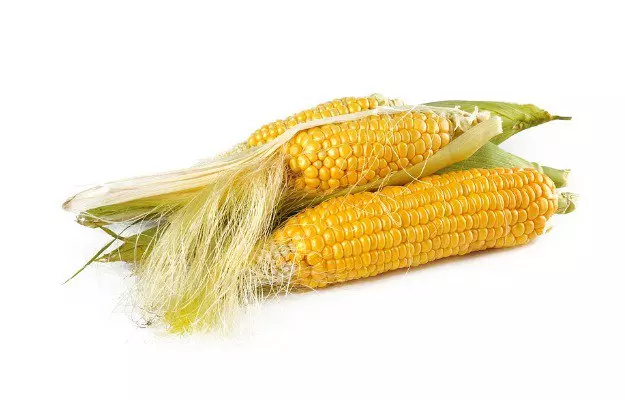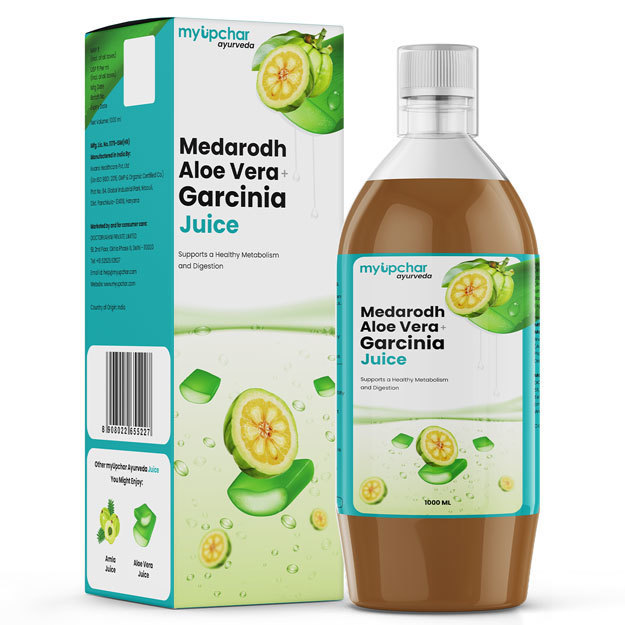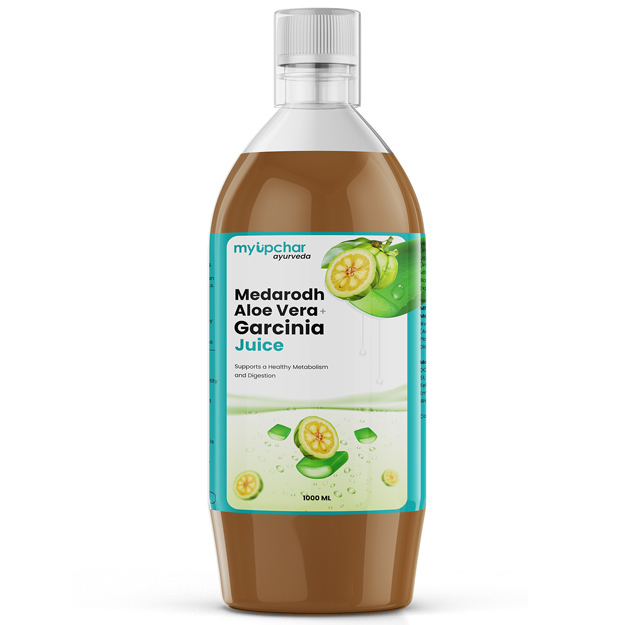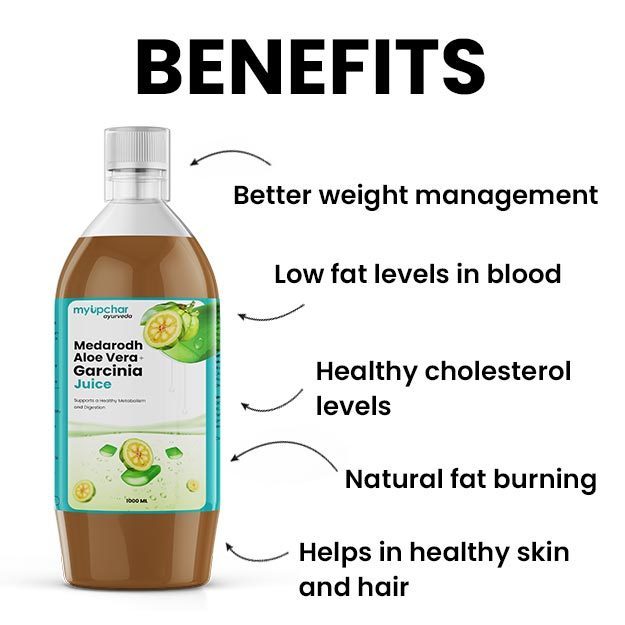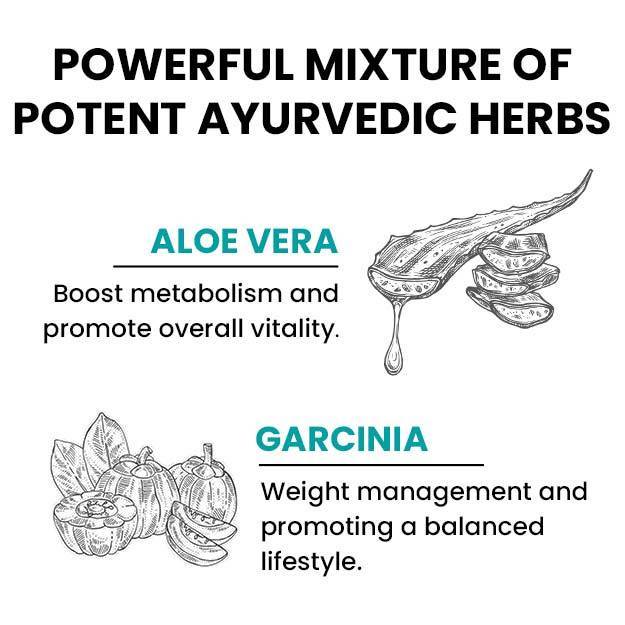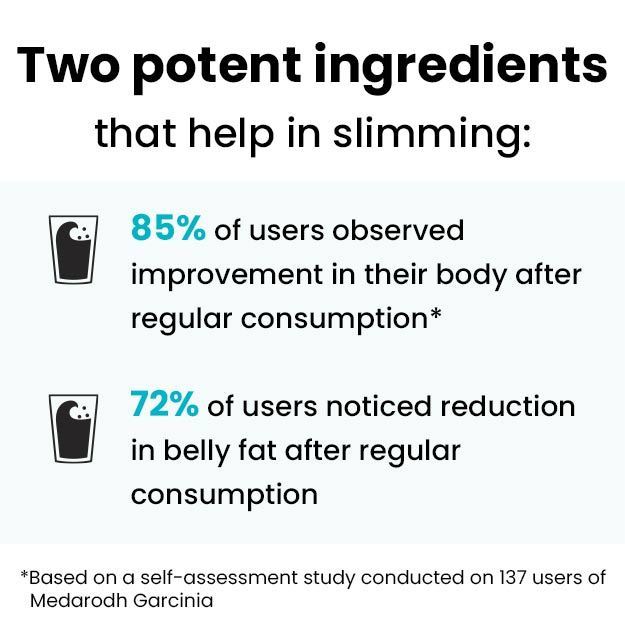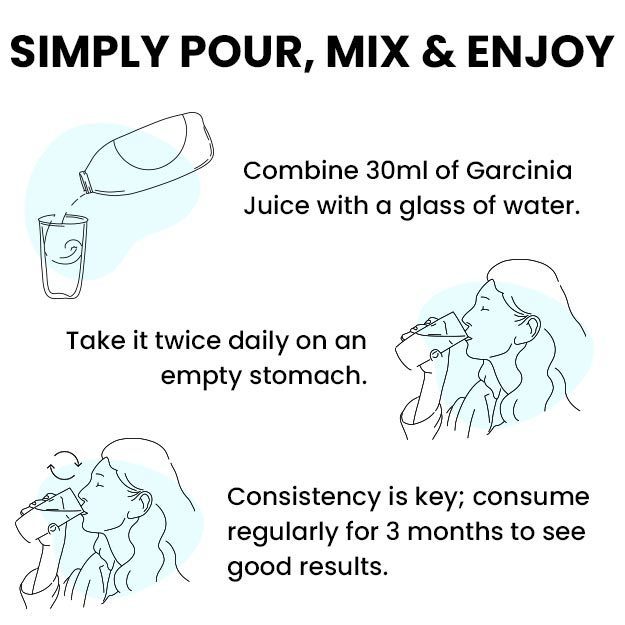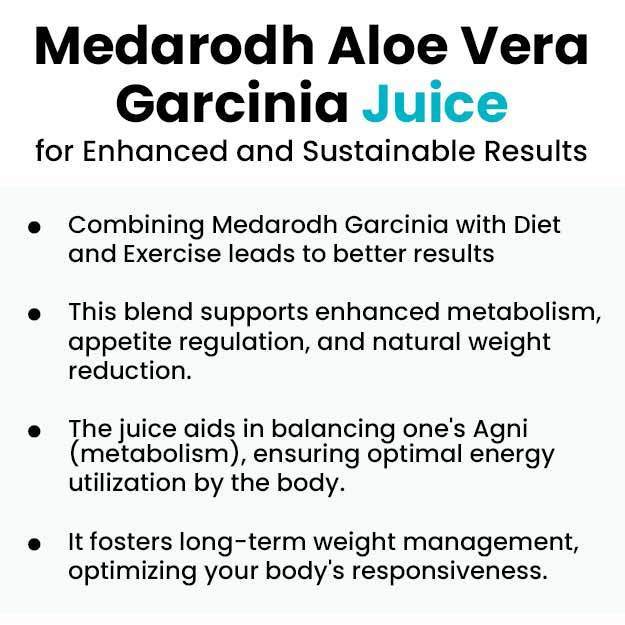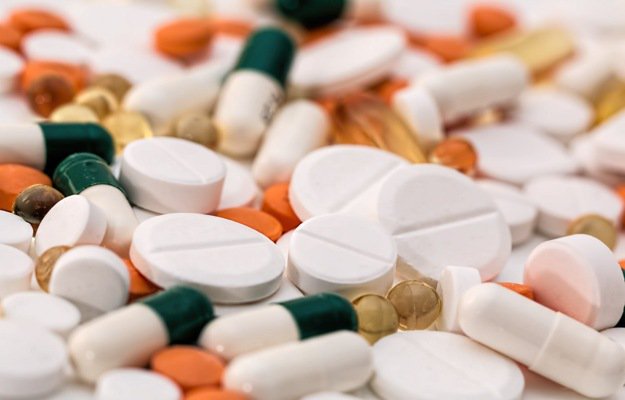Corn is one of the most economical crops in the world which is enjoyed by people of all ages, especially during winters and monsoons, Also known as maize, it was the very first cereal plant grown by the ancient tribes of Central America. Today, it holds high industrial, culinary, and pharmaceutical importance, serving as a basic raw material for a number of products such as oil, starch, gum, alcoholic beverages, cereals, food sweeteners, corn flour, corn meals etc.
An ear of corn consists of a central cob which bears the corn kernels (the shiny yellow corn pieces that you eat) and the whole thing is wrapped by a layer of thick leaves which is known as husk. Apart from that corn ear also has something called corn silk which are shiny hair like threads coming out of the cob.
Corn is cultivated all around the world, throughout the year. Being a rain-fed crop in India, it is usually grown in regions with warm temperatures varying from 22 degrees to 35 degrees Celsius. The different types of corn include flint corn, popcorn, dent corn, and sweet corn.
As a food, corn is extensively used in Indian, Italian and Mexican cuisines. A lot of diet plans include the intake of corn because of its low fat and high carbohydrate content along with the delicious taste. It is loaded with polyunsaturated fatty acids, minerals, and vitamins which are useful in preventing diseases and in maintaining the overall health of the body.
Some basic facts about Corn:
- Scientific name: Zea Mays
- Family: Poaceae
- Common name: Corn, makai
- Sanskrit name: स्तम्बकर ि; Stambkari
- Parts used: Corn kernel, skin, corn silk
- Native Region and geographical distribution: Scientists believe that corn was first grown in Mexico at least 7,000 years ago. From here, it spread to America and eventually to European and Asian countries. Today, maize has become a staple food in many cuisines. The United States grows over 40% of the total world’s harvest. In India, it is an annually growing plant and is cultivated on large scale in north India. Major corn-growing states are Uttar Pradesh, Rajasthan, Madhya Pradesh, Bihar, Himachal Pradesh, Punjab, and Jammu & Kashmir. In south India, Karnataka and Andhra Pradesh are the major producers.
- Some interesting facts about corn: Except for Antarctica, corn is grown in every continent of the world. The cornflakes that we eat as breakfast, contain only 8% corn.

